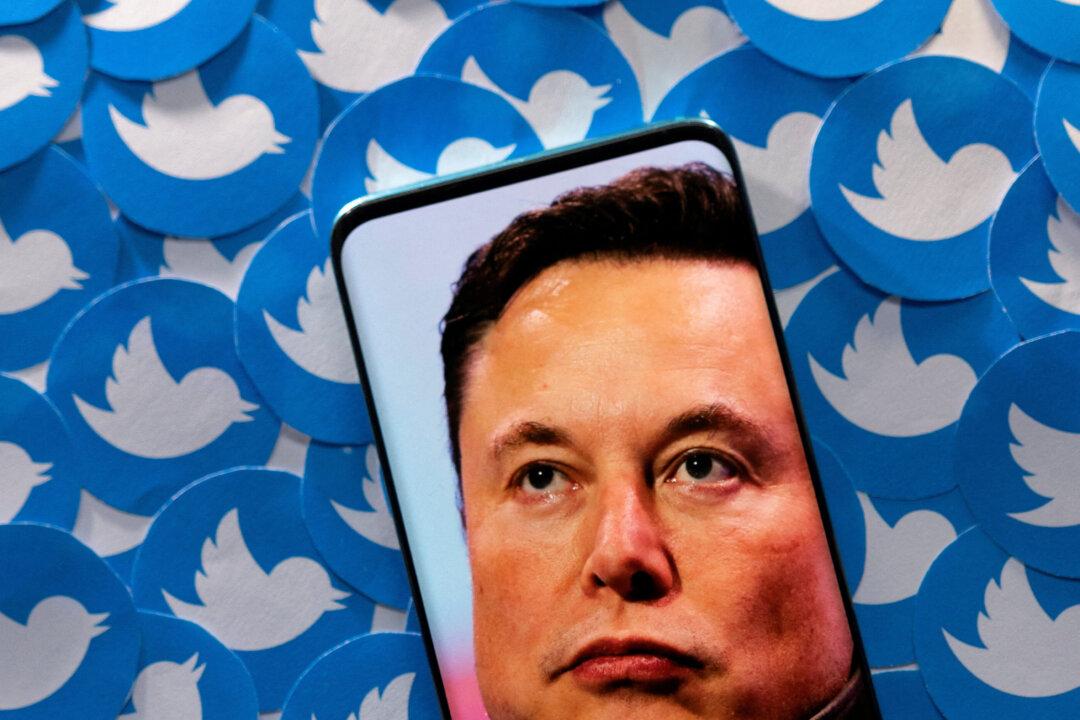The Biden administration is weighing up probing Elon Musk’s “relationships with other countries” after the businessman purchased Twitter.
President Joe Biden told reporters at a White House press conference on Nov. 9 that the industrialist’s “cooperation and/or technical relationships with other countries is worthy of being looked at.”




